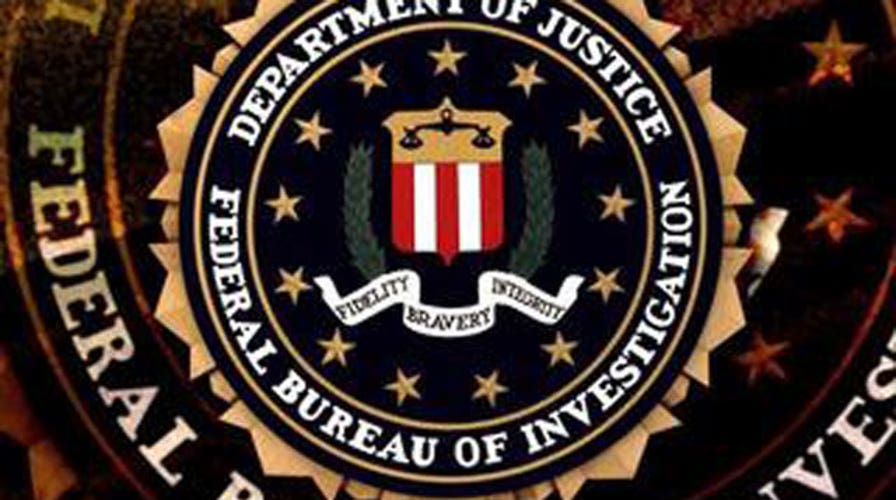The news is out. “The Interview” will not be coming to a Cineplex near you on Christmas Day. Sony, the studio that produced Seth Rogen’s $44 million comedy about the assassination North Korean dictator Kim Jong-un has dropped it.
Sony co-chairman Amy Pascal originally greenlighted this film. But as of today, she and her corporate bosses are the bitches of North Korea’s Dear Leader--the only guy in Hollywood with the power to red light a holiday blockbuster.
Kim didn’t even have to come to Hollywood to kill the film. An anonymous threat over the Internet was sufficient to shut it down. Just to make sure, he sent copies to Regal Entertainment, Cinemark, Carmike Cinemas and AMC—the companies who own most of the movie theaters in the U.S. and to the people who live near these theaters, any one of which could turn into World Trade Center II.
[pullquote]
Before cancelling, the movie folks checked with Washington. If they thought their political contributions bought them some clout with Obama, they are now disabused of that.
“We are currently checking a range of options” says a National Security council spokesperson. The FBI let it be known that it is investigating. In Hollywood lingo, the issue is under development.
Some commentators are calling the shutdown of a major motion picture by foreign enemies an unprecedented act against American freedom of expression. But that is far from true, as Flemming Rose demonstrates in his recently published book, “The Tyranny of Silence."
In 2005, Rose, an editor at the Danish newspaper, Jyllands-Posten, published a series of caricatures lampooning the idea that Islam is a religion of peace. One drawing depicted Muhammad with a lit bomb on head. Rose’s purpose was to test whether Danish Muslim citizens were ready to accept the same kind of satirical criticism as their fellow citizens.
The answer was no. Islam forbids making images of Muhammad, no matter what is on his head. This is religious law, and since the courts in Copenhagen weren’t about to enforce it, Danish Imams launched an appeal to the faithful around the world.
The masses responded with pious alacrity. The Danish Embassy in Damascus was torched. The Danish consulate in Beirut was sacked. Mobs rioted from North Africa to Pakistan, attacking churches and individual Christians. Dozens, perhaps hundreds, died.
The American news media reported on this but, with few exceptions, blacked out the offending images. A New York Times editorial explained it as simple good manners, “a reasonable choice for news organizations that usually refrain from gratuitous assaults on religious symbols.” A spokeswoman for CNN said the network was censoring the images “out of respect for Islam” and to avoid “insulting and hurting certain groups.”
The United States was then, as it is now, engaged in a war against Islamic extremism. There was a public debate about the nature of the enemy. There was nothing “gratuitous” about showing caricatures that had incited millions of Muslims and allowing the public to judge for itself.
On "Fox News Sunday," Chris Wallace displayed the cartoon of Muhammad and explained his network’s position: “We thought if we were going to tell the story about people rioting and burning down embassies, it’s part of the story to know what’s causing such outrage.”
There were a few other exceptions to the ban (most notably ABC Nightly News, the Philadelphia Inquirer and the Austin Statesman American). But the vast majority of America’s senior news executives decided to forego the basic principle of their profession for an even more basic human impulse—self-preservation. They were very simply scared.
Nobody wanted to be held responsible for domestic acts of terror, bombings of their offices or attacks on their personnel. Least of all did they want to themselves become targets.
Only a year or so earlier, Dutch filmmaker Theo Van Gogh had been stabbed to death on an Amsterdam Street for making "Submission," a short drama about the violent oppression of women in the Muslim world. His colleague, Ayaan Hirsi Ali, was in hiding and subject to constant death threats. Novelist Salman Rushdie was still under a death warrant for insulting the prophet. So, for that matter, was Flemming Rose.
America’s enemies are connoisseurs of weakness, and they have discovered the rusty link where a lack of principle meets personal cowardice.
Why should North Korea venerate its Beloved Leader any less than Muslims venerate their Prophet? If you insult Kim Jong-un, will he not retaliate with an email that leaves the American government hapless and sends the power players of Hollywood heading for the Beverly Hills?
And who cares?
There are already voices seeking to convince us that this isn’t a big deal, that “The Interview” is just a comedy and there are better movies to see Christmas Day (check your local listings for time and North Korean permission). But these voices are wrong.
This is a very big deal, another station on the road to what Flemming Rose rightly calls “The Tyranny of Silence.” It is an important book. Don’t expect anyone to buy the movie rights.

